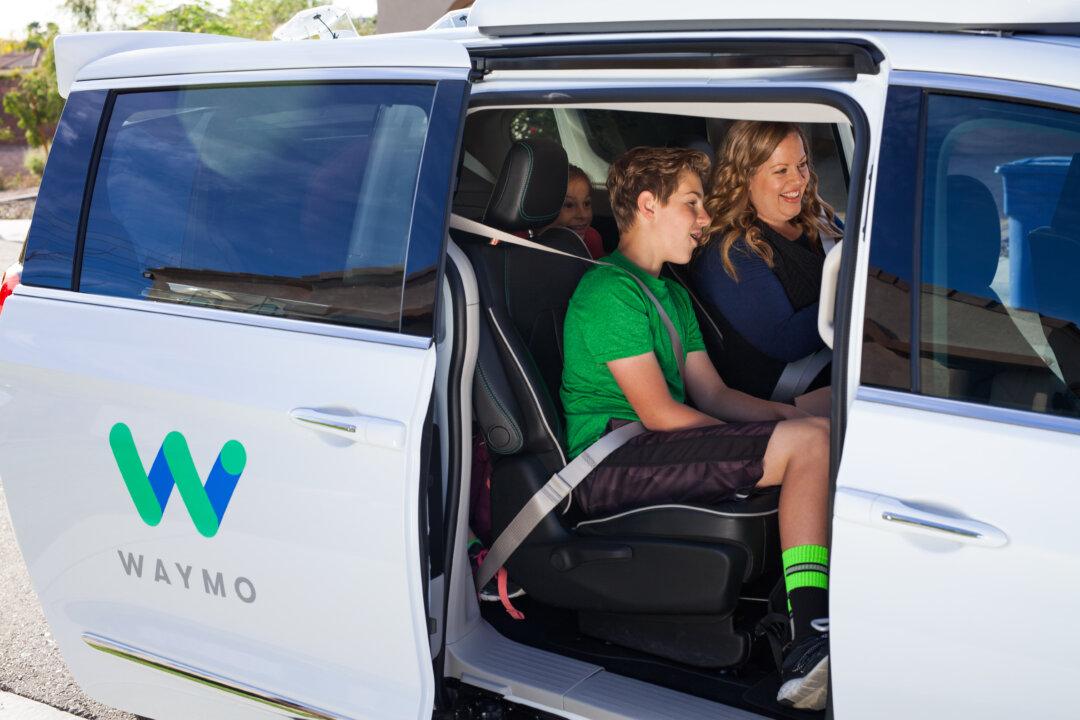Waymo and Cruise have won approval from California state regulators to charge fees for 24-hour service fully driverless car rides in San Francisco.
The California Public Utilities Commission (CPUC) voted 3 to 1 in favor on Aug. 10 to allow the expansion of automated car services after evaluating whether they had met state licensing requirements and hearing several hours of public testimony.





